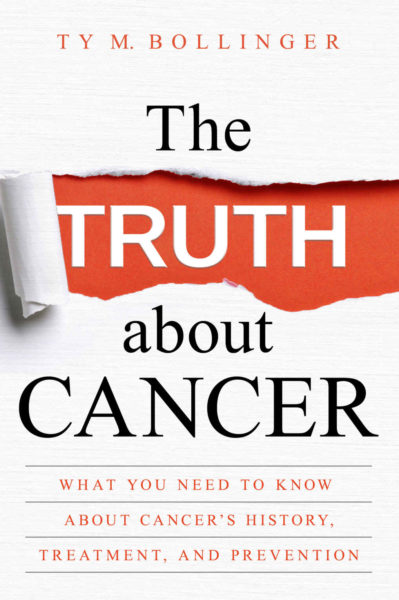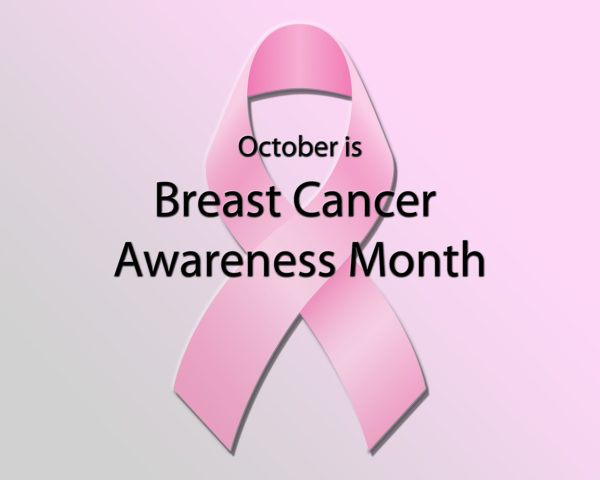Exercise and the Benefits Towards Breast Cancer
Studies that have shown a link between contestant exercise and a lower risk of being diagnosed with breast cancer, reoccurring. It’s recommend that women should still be exercising the recommended 150 minutes a week. Generally, around moderate intensity. If exercise benefits women with breast cancer and after treatment, that means exercise, even if you don’t have cancer, is beneficial to your health.
According to Breastcancer.org Exercise Reduces Risk, but Benefits Disappear if Women Stop Exercising, that It’s unsure exactly though how long the low risk last if women stop exercising. Also, it’s unsure when the low risk starts. Overall, the risks are lowered due to constant exercise. You must realize how serious this information can be. If you know someone who has breast cancer, in or out of treatment or no caner at all, realize how important exercising for your body is.
“A French study had recently found that postmenopausal women who exercise regularly in the last 4 years, had a lower risk of breast cancer. This is compared to those women who exercised less in those 4 years” (BC). Scientist that had been doing this study found another interesting thing, too. “Researchers found that postmenopausal women who had exercised regularly between 5 and 9 years earlier but were less active in the past 4 years didn’t have a lower risk of breast cancer” (BC). The older the body gets, realize the impact in and out that your body is going through. You must exercise now and for the future. I am sure most people or women reading this, don’t have a plan to get breast cancer. If it runs in the family, start exercising and eating healthier. This can change and possibly save your life.

Studies shown that “Women who regularly exercised in the previous 4 years – the equivalent of walking about 4 hours per week (or cycling or doing more intense exercise 2 hours per week) – had a 10% lower risk of breast cancer than women who exercised less than that. The researchers also found that if women stopped exercising, the risk-reducing benefits quickly disappeared” (BC). So, due to this research done, it shows how important exercise is. The thing to take from these studies, is not exercise just because it's breast cancer awareness month and now you must be motivated. The truth, you must be exercise for the years to come, if you are not already. Think about your body, there is only one that you have. So get up, exercise for 20 to 30 minutes a day, and be healthier.
In a recent study, about 1 in 8 U.S. women (about 12%) will develop invasive breast cancer over the course of her lifetime. The number has been decreasing since the early 2000s. This is said to be a link due to hormone replacement therapy, but this is a theory as of now. In a man’s lifetime, the risk of breast cancer is about 1 in 1,000. So, even though the risk is lower in men, and usually has been, this doesn't mean a man shouldn't workout as much. Men and women should be working out all the time, improving yourself and changing your health in a positive way.
Not all, but a lot of people don’t really start exercising until they realize it’s too late. They worked for years, gained weight, didn’t treat their health right, and issues can occur. Breast cancer can be genetic, but what if you exercise and it reduced the risk? You could be able to liver a longer life. What if you made the decision to take care of your body? Life has its ups and downs, and some things you can’t control. But, you can control how you look, feel, and how your future can turn out. Eat better, exercise consistently, and you can change your life, you have a choice, make it happen.
Resources:
Exercise Reduces Risk, but Benefits Disappear if Women Stop Exercising. Exercise and Risk Factors. Breastcancer.org. http://www.breastcancer.org/research-news/exercise-reduces-risk-if-continued.
Exercise Reduces Risk, but Benefits Disappear if Women Stop Exercising. Exercise and Risk Factors. Breastcancer.org. http://www.breastcancer.org/symptoms/understand_bc/statistics
Body Weight Exercise: https://markymarksfitness.com/body-weight-program-i/




